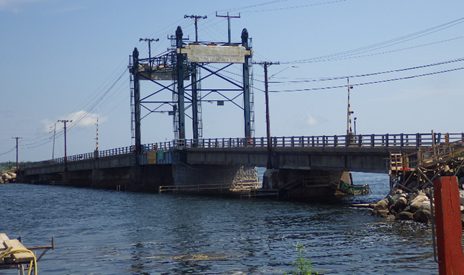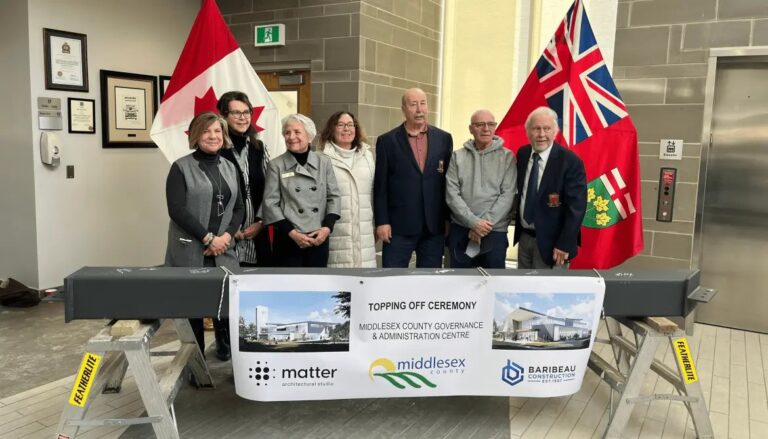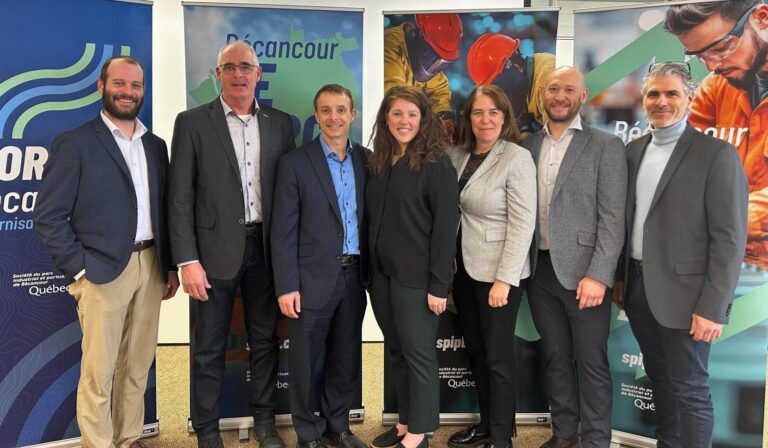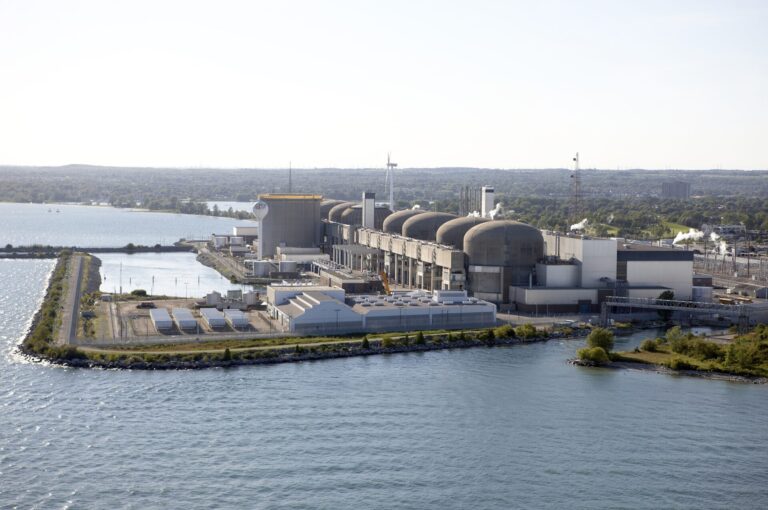The First Nations Major Projects Coalition (FNMPC) announced the release of their primer on Improving Impact Assessment Efficiency & Effectiveness – a new discussion paper offering practical, Indigenous-informed solutions for improving the quality and fairness of federal impact assessments and regulatory processes.
Grounded in the perspectives of experienced Impact Assessment (IA) practitioners and shaped by Indigenous priorities, the report underscores a central truth: there can be no efficiency without effectiveness. Fast-tracked decisions without meaningful Indigenous engagement risk legal challenges, community conflict, and project delays.
“We struggle with timelines that rush us to decisions. We want to understand how a project will affect us—forever, really. The land is what interests us. We need to be informed early and be able to see the benefits or the risks for future generations,” said Nak’azdli Whut’en Elder and Environmental Technical Advisor, FNMPC.
The report introduces a framework for understanding IA success through three interdependent criteria:
- Rigour – the use of strong Indigenous and scientific methods;
- Engagement – the quality and depth of consultation with Indigenous nations;
- Pace – the speed at which projects move through IA and regulatory approvals.
The research highlights that, from an Indigenous perspective, rigour and engagement are fundamental. A narrow focus on speed alone—without addressing capacity, fairness, and trust—undermines the legitimacy and durability of project outcomes.
“This report reinforces what First Nations have long been saying: that meaningful participation starts long before a project hits the regulatory system. When Indigenous nations are resourced and involved from the start, it leads to better decisions, fewer delays, and stronger outcomes for everyone involved,” said Sharleen Gale (Fort Nelson First Nation Member), Executive Chair of the Board of Directors, FNMPC.
The paper is organized around three critical project stages: (1) before any project is proposed; (2) during the early planning phase; and (3) once a project enters the federal impact assessment system. It finds that many of the barriers to efficient assessments—such as delays and disputes—stem from a failure to invest in Indigenous capacity and relationship-building early on.
The paper calls on the Crown and industry proponents to invest in:
- Pre-project Indigenous capacity development;
- Clearer and co-developed IA engagement rules;
- Stronger partnerships and collaborative planning;
- Early trust and relationship-building initiatives.
“Improving IA processes isn’t just a technical fix—it’s about respecting Indigenous rights and making room for Indigenous leadership. This paper provides a roadmap for how governments and industry can work with First Nations to build more legitimate, efficient, and durable project outcomes,” said Mark Podlasly (Nlaka’pamux Nation Member), Chief Executive Officer, FNMPC.
The report concludes with short- and long-term recommendations to strengthen Indigenous participation in IA and regulatory systems, and calls for systemic changes that center Indigenous laws, values, and decision-making.
Featured image: (FNMPC)












